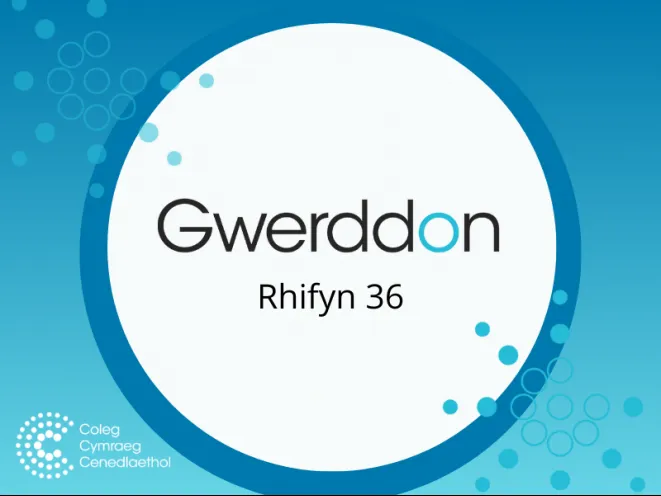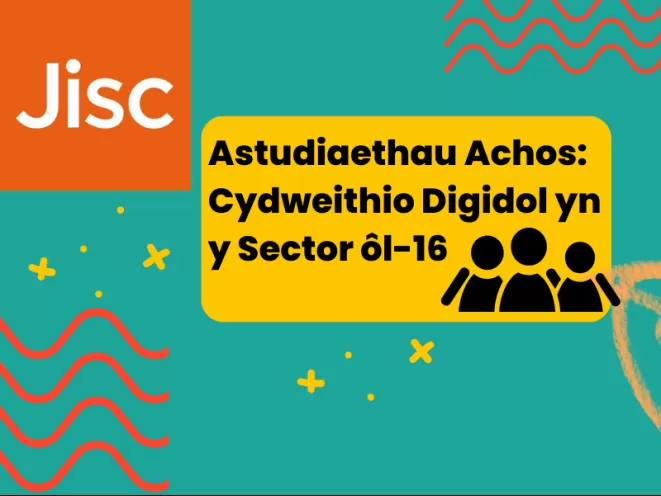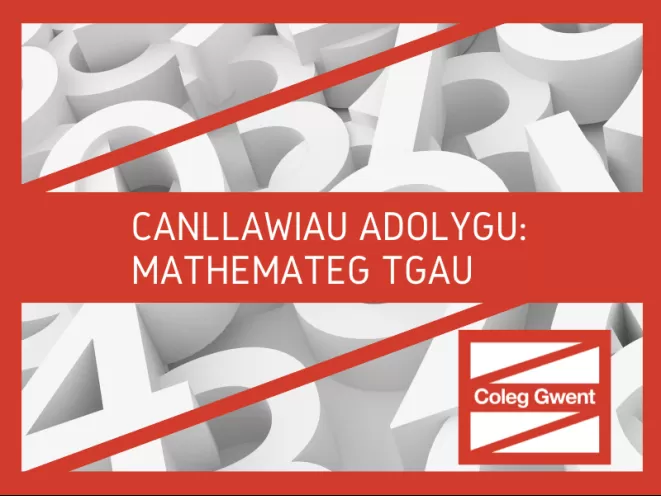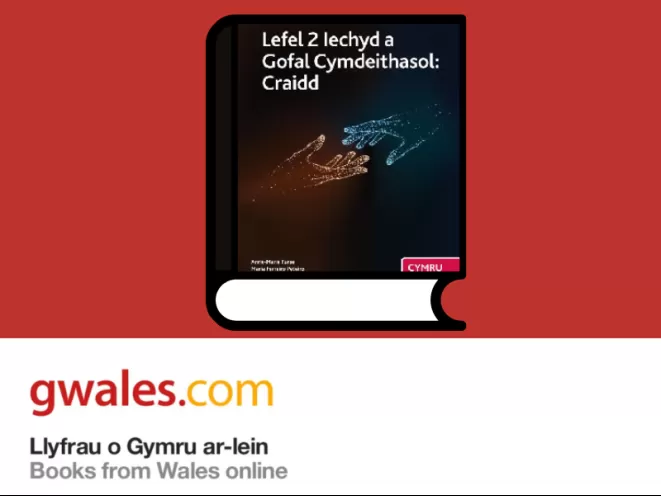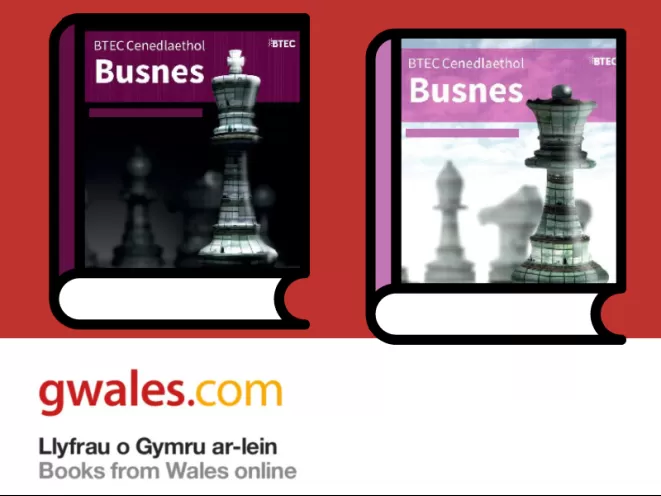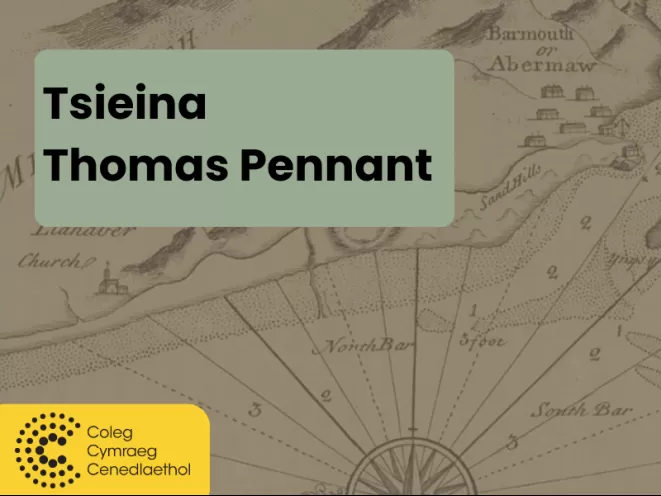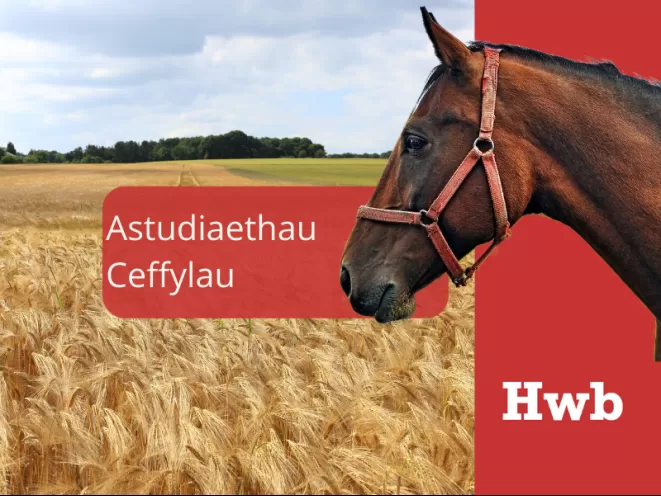This article explores some aspects of the way in which Welsh Patagonia is represented in Separado! (2010), an experimental documentary (in terms of style) by Gruff Rhys and Dylan Goch. This portrayal exists in the context of a range of both factual and fictional Welsh-language representations of Patagonia produced since the 1940s in Wales. Through concepts derived from literary theory (Linda Hutcheon), sociology of culture (Pierre Bourdieu), political theory (Ernesto Laclau), travel writing theory (Graham Huggan and Patrick Holland; Peter Hulme), and postcolonial theory (Mary Louise Pratt), it will be possible to trace in the documentary trends present in previous representations of Patagonia, such as turning to Y Wladfa in politically challenging times in order to address anxieties regarding Welshness and the country’s past and future. Author: Sara Borda Green
A paradox in the portrayal of Patagonia in post-devolution Wales. Separado! (Gruff Rhys and Dylan Goch 2010): ...
Astro Tools (Comet Chasers)
Tools to simplfy the whole observing process with the LCO telescope network via the Comet Chasers project. Tools are available for planning and organising observations, making image requests, and creating animations of the telescope images. These tools are aimed at students in primary and secondary schools who take part in the Comet Chasers project – but will also be useful for under-graduate and post-graduate students for simplifying the process of requesting images of comets/asteroids from LCO. Full nstructions are currently available on the website for two tools, all tools will have instructions in the near future.
JISC Case Studies: Digital Collaboration in the Post-16 Sector
Jisc is working in partnership with Welsh Government to drive forward Digital 2030, which aims to see learning providers in Wales harness the potential of digital technology underpinned by principles of innovation, collaboration, co-production and social partnership. To support this, Jisc has sourced and developed six examples of successful collaborative initiatives using digital tools and technology in post-16 learning and teaching in Wales. We outlined the key success factors for these case studies and showed where each collaborative approach could be scaled up or was beneficial to address particular issues or subjects. As a whole, these case studies offer an insight into the exciting possibilities opened up by collaboration within and across sectors, enabled by digital technology, when partners in a collaboration share a common vision and sustainable approach. Key themes supporting Wales’ digital ambitions The case studies can be seen as exemplars of the four key national priorities outlined in the Welsh Government’s call to action for FE institutions in December 2022: Work collaboratively to widen access to learning opportunities Develop learners’ and staff digital capabilities and confidence for learning, life and work Maximise the potential of technology to empower, enthuse and inspire learners Embed agile, resilient and sustainable approaches to delivery The case studies The six case studies encompass colleges across Wales and collaborations across FE and with sixth forms, HE, work-based learning and community learning (see Appendix 1). The digital tools and technology in use range from virtual classrooms and virtual reality technology to apps and collaboration platforms such as Microsoft Teams. In brief, the case studies cover: Digital Diamonds: an active Welsh community of practice helping practitioners and managers deliver Essential Skills Wales (ESW) Digital Literacy across post-16 education and training. Educ8 and CEMET (University of South Wales): developing virtual reality resources for work-based learning through a collaborative approach with HE and employers. Growing Comms: installing connected active learning spaces in HE and FE through cross-sector collaboration, with strongly positive impacts on learners. St David’s WeConnect: collaboration between sixth forms to provide a wider curriculum through virtual classrooms. Target Tracker: colleges working collaboratively to develop digital tools to support learners with additional needs. Urdd Gobaith Cymru and the Gwreiddio Scheme (Coleg Cymraeg Cenedlaethol): developing Welsh language skills through collaborative learning for apprentices and teaching staff.
GCSE Mathematics Revision Guides
Revision guides kindly provided by Coleg Gwent to assist students and learners sitting Maths GCSE exams. There are separate guides for the foundation and intermediate levels.
Tasks to develop and assess Teachers' Language Skills
This is a collection of tasks that can be used to develop and assess the language skills of education practitioners against the Language Competency Framework for Education Practitioners. The collection includes tasks for each skill and each level within the Framework. There is a PDF booklet for each level, containing all of the tasks for that selected level. In addition, the tasks are available to download individually in the form of Word documents. If the links do not open the document in a new tab, then the document will have downloaded (look in the downloads folder on your computer).
More than just words: Communication in Health and Social Care
The aim of this resource is to introduce language awareness within health and social care to higher education students and professional practitioners. Its main objective is to build students' confidence in using their Welsh with patients and colleagues in the NHS. This resource has been developed for higher education students (level 4+) who are studying any health and care subject and intend to go on to pursue a career in the field. It is also suitable for professional practitioners and can be used as part of continual professional development. Except for Unit 1, each unit follows a specific patient pathway to show how different professions intertwine and have an impact on the experience of the patient or service user. You can work through the whole package in order or pick and choose specific units. The units can be taught in the classroom or studied independently. Most of the units present Welsh words, phrases and terminology to use with patients and staff. Although this vocabulary will be familiar to students who already speak Welsh, they are encouraged to consider how to share and teach the vocabulary to their peers. As a result, this content is suitable for all students, regardless of their Welsh ability.
Level 2 Health and Social Care: Core Coursebook
A Welsh adaptation of Level 2 Health and Social Care: Core (Qualifications Wales), that was developed by Hodder in partnership with City & Guilds. This book is for post-16 learners in Wales who work, or want to work in, the health and social care sectors. It covers the seven core units of the qualification and will also prepare students for the MCQ exam which is assessed externally with the assessments assessed internally within the institution. The textbook covers a basic knowledge and understanding of the All-Wales Founding Framework for Health and Social Care and reflects a variety of different roles and settings. It includes: • Health and social care principles and values • Health and well-being • Professional practice as a health and social care worker • Protecting individuals • Health and safety in health and social care.
BTEC National Business Coursebooks
A Welsh adaptation of Pearson BTEC National Business - Student Book 1 for students following the BTEC Business Certificate, Extended Certificate and Foundation Diploma. It provides support through all compulsory units and a range of choice units, e.g. Exploring Business; Developing a Marketing Campaign; Event Organising; and Customer Services Enquiries.
Thomas Pennant's China
This material presents an account of China by naturalist and traveller Thomas Pennant (1726–98). The work forms part of Pennant's multivolume manuscript 'Outlines of the Globe', kept at the National Maritime Museum.
Equine Studies
A HWB resource pack to improve the knowledge of learners following the City & Guilds: Advanced Technical Extended Diploma Level 2 and 3; BTEC Level 2 and Extended Level 3 in Equine Studies, as well as the work-based learning courses. The pack contains the following resources: Unit 1: Health and safety in the horse industry Unit 2: The signs of health and ill-health in a horse Unit 3: First aid in horses Unit 4: Horse and rider equipment Unit 5: Horse nutrition Unit 6: Preparing horses for presentation Unit 7: Shoeing
Discussion Panel: Branwen
This is a valuable opportunity to hear a panel of experts and familiar faces discuss Branwen, ferch Llŷr. During the session, there will be a discussion on various aspects of the story by experts on medieval prose. The panel includes Professor Jerry Hunter and Dr Aled Llion Jones, Bangor University, and Dr Rhiannon Ifans. Specifically suitable for year 13 learners who are studying for their Unit 5 Welsh exam, but of wider interest as well. A session recorded in Pontio, Bangor, during April 2023, in collaboration between Bangor University's Department of Welsh and Pontio. Sponsored by the Coleg Cymraeg Cenedlaethol. Session in Welsh. Looking for more resources on Branwen? Watch our Ar-lên study sessions available here.
Discussion Panel: Yr Hengerdd a Dafydd ap Gwilym
This is a valuable opportunity to hear a panel of experts and familiar faces discuss the early and medieval poetry of Aneirin, Talieisin and Dafydd ap Gwilym. The panel includes Professor Jerry Hunter, Dr Aled Llion Jones, and Professor Peredur Lynch, Bangor University. Specifically suitable for year 13 learners who are studying for their Unit 5 Welsh exam, but of wider interest as well. A session recorded in Pontio, Bangor, during May 2023, in collaboration between Bangor University's Department of Welsh and Pontio. Sponsored by the Coleg Cymraeg Cenedlaethol. Session in Welsh. Looking for more resources? Watch our Ar-lên study sessions available here or here.

